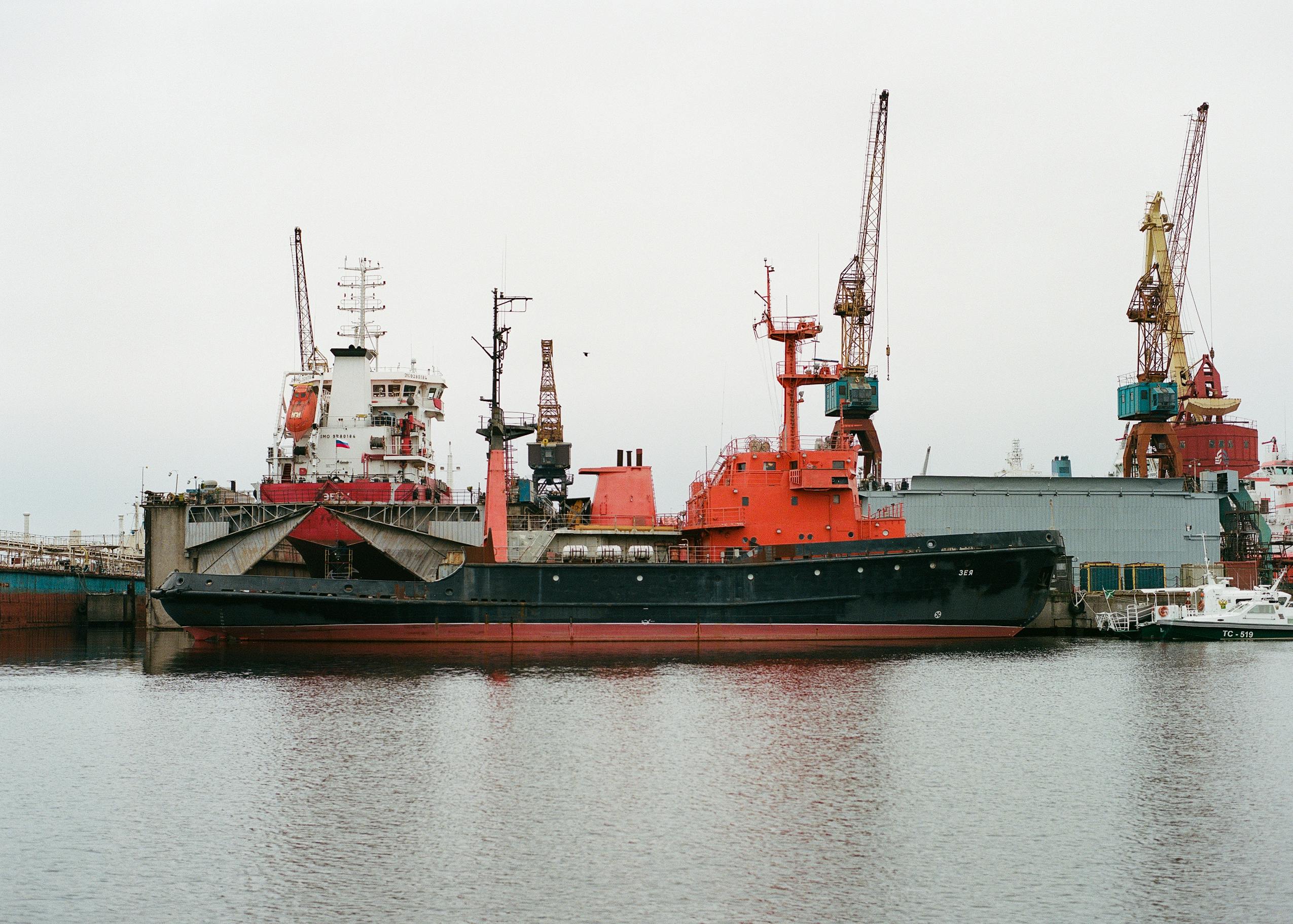Sanctions Evasion At Sea: Inside Russias Growing Network Of Shadow Oil Tankers

Russia’s Shadow Fleet Expansion Amid Sanctions
A recent report from the Kyiv School of Economics (KSE) reveals that Russia has significantly expanded its network of shadow oil tankers, increasing the capacity of this fleet by 70% year-on-year. Despite Western sanctions targeting the financial and shipping sectors, Moscow continues to export oil by using old, underinsured vessels, circumventing restrictions and maintaining a steady flow of energy to global markets. The expansion of this shadow fleet highlights the challenges in enforcing sanctions and raises concerns about the environmental and geopolitical risks associated with Russia’s activities at sea.
Evasion Tactics: How Russia Circumvents Sanctions
Russia has adopted a range of tactics to bypass Western restrictions and sustain its oil exports:
- Old and Underinsured Vessels: Many of the ships used in the shadow fleet are outdated, poorly maintained, and lack comprehensive insurance, making them difficult to regulate.
- Shell Companies and Obscure Ownership: Russia conceals ownership of vessels through complex corporate structures, complicating efforts by authorities to track and sanction them.
- Flag of Convenience Strategy: Ships are registered under jurisdictions with lenient regulations, allowing them to evade scrutiny by Western regulators.
- Non-Western Partnerships: Countries not aligned with Western sanctions, such as India and China, facilitate Russia’s oil trade by providing access to insurance, refueling stations, and ports.
These tactics allow Russia to maintain oil exports at high volumes despite restrictions, limiting the effectiveness of Western efforts to curtail its energy revenue.
Ineffectiveness of Western Sanctions and Enforcement Gaps
The Western crackdown on insurers and shipping companies, designed to prevent Russia from transporting oil, has so far proven insufficient:
- Fragmented Enforcement: The lack of global coordination in maritime law makes it difficult to monitor and regulate Russia’s shadow fleet.
- Loopholes in Insurance and Shipping Systems: Russian vessels exploit gaps in compliance frameworks to secure alternative insurance coverage.
- Increase in Oil Transport Volumes: According to the KSE report, Russian oil exports via the shadow fleet have surged from 2.4 million barrels per day in June 2023 to 4.1 million in June 2024. This growth demonstrates Moscow’s ability to circumvent sanctions despite Western pressure.
Risks of the Shadow Fleet: Environmental and Economic Consequences
The expansion of Russia’s shadow fleet brings several risks, both environmental and economic:
- Environmental Hazards: The poor condition of many tankers increases the likelihood of accidents, oil spills, and environmental disasters, particularly in international waters.
- Insurance Shortfalls: The use of underinsured vessels limits liability coverage in the event of maritime disasters, leaving affected regions with limited recourse.
- Distortion of Global Oil Markets: By maintaining high export volumes, Russia disrupts the global energy market and complicates efforts by other oil producers to stabilize prices.
- Escalating Geopolitical Tensions: Western frustration over Russia’s evasion of sanctions may lead to heightened diplomatic conflicts, with calls for stricter enforcement measures.
Support from Non-Aligned Nations and Regional Players
Russia’s ability to sustain its shadow fleet operations is also bolstered by cooperation with non-Western countries:
- Alternative Insurance Providers: Russian and non-EU insurers are stepping in to cover vessels barred from Western insurance markets.
- Strategic Port Access: Ports in the Middle East, Asia, and Africa are providing refueling and transshipment services for Russian tankers.
- Facilitated Trade Routes: Countries such as India and China are continuing to purchase Russian oil, circumventing Western restrictions and providing Moscow with essential revenue streams.
Conclusion: Strategic Challenges for Western Powers
The rapid growth of Russia’s shadow fleet underscores the limitations of existing sanctions and the difficulties of regulating maritime activities. Current enforcement efforts are hampered by legal loopholes, fragmented oversight, and the involvement of non-Western players in facilitating Russia’s oil trade.
Looking ahead, Western powers face a strategic dilemma: stricter controls and secondary sanctions could further escalate geopolitical tensions, while insufficient enforcement risks undermining the effectiveness of the sanctions regime. Advanced tracking technologies and closer international coordination may be necessary to close enforcement gaps.
Ultimately, addressing the risks posed by Russia’s shadow fleet will require a delicate balance between regulatory enforcement and diplomatic engagement. As the situation evolves, the shadow fleet will remain a critical factor in shaping the global energy landscape and testing the resilience of Western sanctions policy.
Author: Brett Hurll
Copper's Comeback: Inside BHP And Lundin's Argentine Asset Acquisition
Copper, often dubbed "the metal of electrification," is experiencing a resurgence in demand due to its critical role in ... Read more
Revitalizing Commodities: How Clean Energy Is Breathing New Life Into A Stagnant Market
The commodities market, traditionally a cornerstone of investment portfolios, has experienced a decade of stagnation. Ho... Read more
European Airports Disrupted By Escalating Climate Protests
Climate activists have escalated their protests at European airports, blocking runways and causing flight disruptions in... Read more
Hungary's Russian Oil Dilemma: Why Brussels Is Cautious In Offering Support
Hungary's reliance on Russian oil has led it to seek support from Brussels to ensure continued access to this crucial en... Read more
Unveiling China's Secret Commodity Stockpiles: What Lies Ahead?
Xi Jinping's extensive reserves of grain, natural gas, and oil hint at future challenges.In a move shrouded in secrecy, ... Read more
Copper Miners Brace For Industry Overhaul As End Users Seek Direct Deals
The copper mining industry is bracing for a significant overhaul as end users, including cable manufacturers and car com... Read more

